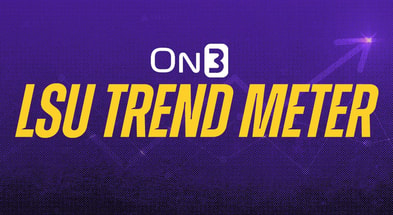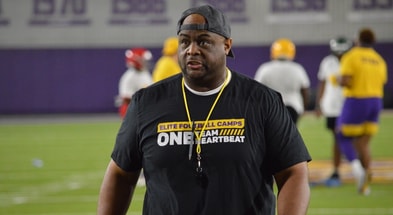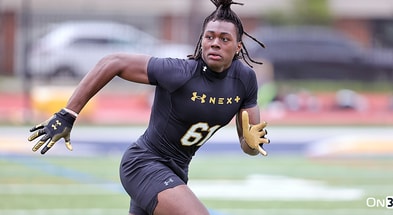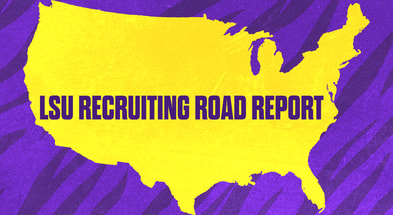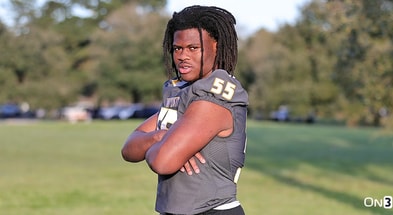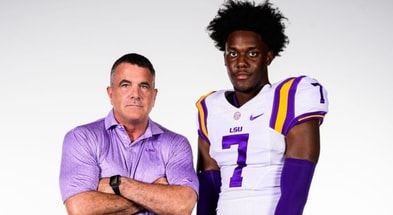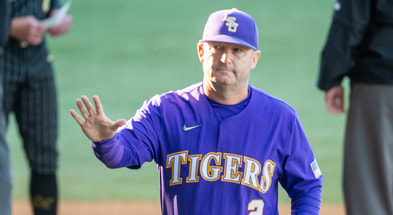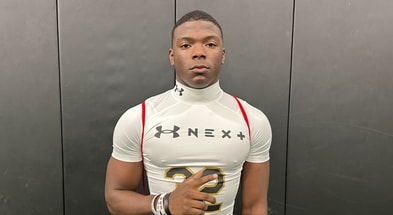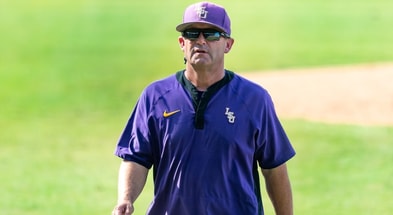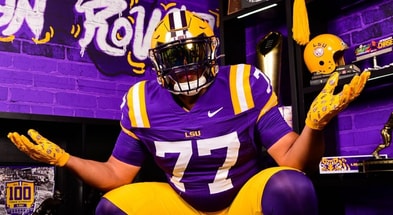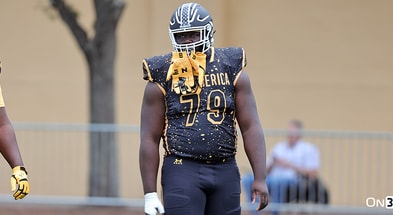Florida vs. LSU will be a night game in Tiger Stadium
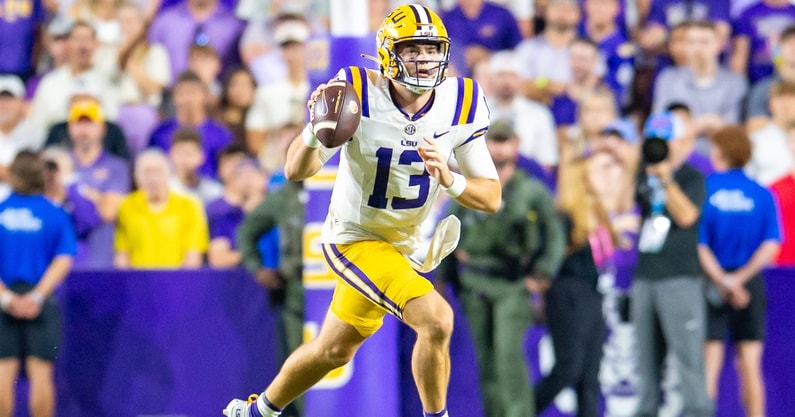
This year’s matchup between the LSU Tigers and Florida Gators will not only be in Tiger Stadium, but the kickoff time has been locked in for a night game.
LSU’s Southeastern Conference opener against Florida on Sept. 13 in Tiger Stadium will kickoff at 6:30 p.m. CT, the SEC office announced on Thursday. The SEC also announced the game will be televised to a national audience on ABC.
The league has now announced kickoff times and network designations for the first three weeks of the season. LSU’s full kickoff time reveal for the 2025 season will take place on June 11.
LSU’s home opener against Louisiana Tech on Sept. 6 is also for a 6:30 p.m. CT kickoff, but will be streamed on ESPN+/SECN+.
LSU opens the season against Clemson on Aug. 30, which like the Florida matchup, will be televised on ABC in the 6:30 p.m. time slot.
Sankey calls LSU, SEC schedules “different” than the rest of CFB
On Monday, SEC commissioner Greg Sankey delivered fiery opening remarks at the 2025 SEC Spring Meetings. In his remarks, Sankey repeatedly emphasized that the SEC was the best conference in the country. Following that train of thought, Sankey declared that SEC conference play is the most grueling in college football.
“Whether people want to agree with it or not, that’s up to them. We can go through the analytics and show the rigor of our schedule is different than anyone else’s, period,” Sankey said. “We had a learning session in September with the CFP about strength of schedule, and strength of schedule isn’t everything, but it is an important factor.
“I remember very clearly one of the messages was, if you play the top-ranked team and the 130th-ranked team, those two games average out to 65.5. If you play 65 and 66, they average out to 65.5. So the advisor said, you’re just as well playing 65 and 66. Here’s my problem: but for maybe one, maybe two teams in a year, we don’t have 65 or 66, and everybody else has a group that’s 60 and below. That has to be considered by us in making our schedule, by the CFP itself, and evaluating selection criteria.”
Top 10
- 1New
Greg Sankey reacts
House vs. NCAA Settlement
- 2Hot
Landmark Approval
House vs. NCAA Settlement
- 3
EA Sports CFB 26
Schools paid based on usage
- 4
Manning Passing Academy
College QB attendees announced
- 5Trending
Keelon Russell
Mother releases statement
Get the On3 Top 10 to your inbox every morning
By clicking "Subscribe to Newsletter", I agree to On3's Privacy Notice, Terms, and use of my personal information described therein.
Last season, the SEC had 13 teams finish within ESPN’s strength-of-schedule top 25. The Big Ten had the second-most with nine. The next closest conference? The ACC with a mere two.
Nonetheless, the College Football Playoff selection committee didn’t reward the SEC for its overall strength. Instead, only three SEC teams made the CFP, compared to four Big Ten teams. Moreover, two ACC teams reached the CFP despite having substantially weaker schedules.
To add to Sankey’s complaint, Alabama finished at No. 11 in the CFP rankings but was ultimately pushed out for teams like SMU and Indiana that had better records against inferior completion. For reference, in ESPN’s strength-of-schedule rankings, Indiana finished at No. 35 and SMU at No. 41. Alabama landed at No. 20.
Unsure if the CFP selection committee will adjust their criteria, Sankey has pushed for the playoff to expand beyond its current 12-team format. Specifically, Sankey has advocated for a 16-team CFP, in which the SEC and Big Ten would each receive four automatic qualifiers, along with other at-large bids.
Obviously, Greg Sankey has received blowback from other conferences for the proposal. However, on Monday, Sankey stuck to his guns.
“If you actually go back and do the research, that kind of format could cost us positions depending on the number of teams,” Sankey said. “I don’t see the critics actually digging in to understand that reality. I don’t see the critics actually analyzing like I’ve just described, how schedules are evaluated so the critics can run to the microphones and share their opinions. We’re trying to find a format to determine whatever number it is, it’s the best teams in college football.”
Editor’s note: On3’s Grant Grubbs contributed to this report

